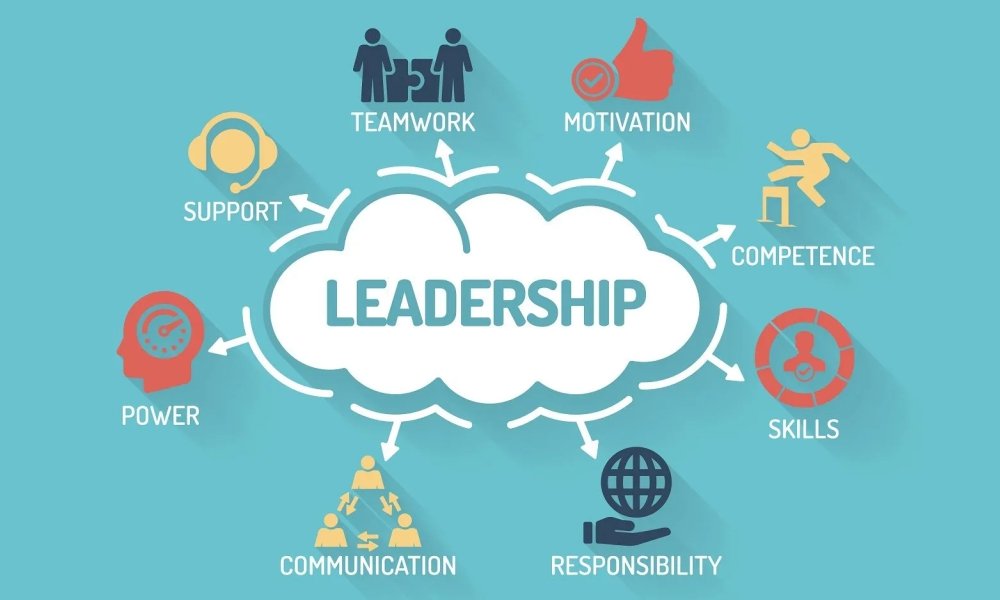In our rapidly evolving world, where industries are constantly transforming and innovation is the name of the game, the significance of business education has never been more pronounced. As we navigate through the intricate web of global competition, staying ahead requires not only a clear understanding of business principles but also the ability to adapt and innovate.
This is where the pivotal role of business education comes into play.
Understanding the Landscape:
Today’s competitive landscape is a dynamic amalgamation of technological advancements, shifting consumer preferences, and rapidly changing market trends. To thrive in such an environment, individuals need a strong foundation in business education that encompasses a diverse range of subjects, from marketing strategies and financial management to entrepreneurship and ethical decision-making.
Equipping with Essential Skills:
Business education isn’t just about memorizing theories; it’s about cultivating skills that are directly applicable to real-world scenarios. Critical thinking, problem-solving, effective communication, and collaboration are among the crucial skills that business education fosters. These skills not only enhance professional performance but also empower individuals to face challenges head-on and devise innovative solutions.
Adapting to Innovation:
Innovation is the driving force behind industry disruptions and breakthroughs. Business education ensures that individuals are not only aware of the latest technological advancements but also trained to leverage them effectively. Whether it’s harnessing the power of data analytics, understanding the nuances of e-commerce, or embracing automation, business education equips individuals to embrace change rather than shy away from it.
Cultivating an Entrepreneurial Mindset:
In an era where startups are transforming into global giants overnight, having an entrepreneurial mindset is a valuable asset. Business education nurtures this mindset by encouraging individuals to think creatively, take calculated risks, and seize opportunities. It teaches them to view challenges as stepping stones toward growth and to be proactive in seeking innovative solutions.
Ethics and Responsibility:
Business education doesn’t solely focus on profitability; it emphasizes ethical conduct and social responsibility. In a world where consumers and stakeholders are more conscious of ethical practices, businesses that prioritize social and environmental considerations tend to flourish. Business education instills these values, creating a generation of professionals who understand the symbiotic relationship between business success and ethical behavior.
Networking and Collaboration:
The world of business thrives on connections and collaborations. Business education provides a platform for students to build a diverse network of peers, mentors, and industry professionals. These connections can lead to invaluable opportunities, whether it’s launching a new venture, seeking advice from experts, or collaborating on groundbreaking projects.
In conclusion, the role of business education in today’s competitive world cannot be overstated. It is the compass that guides individuals through the complexities of the business landscape, equipping them with the skills, mindset, and knowledge needed not only to survive but to thrive. As technology continues to reshape industries and markets, the value of business education remains unwavering – an indispensable asset for those aspiring to succeed in our ever-evolving world.








